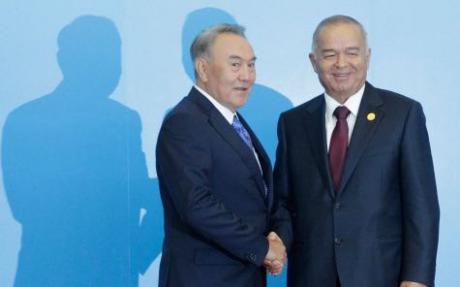 Uzbekistan and Kazakhstan, the authorities don't even have to stuff the ballot boxes, their presidents have done everything they can to appear irreplaceable. In post-Soviet Central Asia, presidential elections are routine affairs. In a region where power has very seldom been transferred at the ballot box and where governments and opposition simply do not talk to one another, competitive elections have come to display some very paradoxical features.
Uzbekistan and Kazakhstan, the authorities don't even have to stuff the ballot boxes, their presidents have done everything they can to appear irreplaceable. In post-Soviet Central Asia, presidential elections are routine affairs. In a region where power has very seldom been transferred at the ballot box and where governments and opposition simply do not talk to one another, competitive elections have come to display some very paradoxical features.


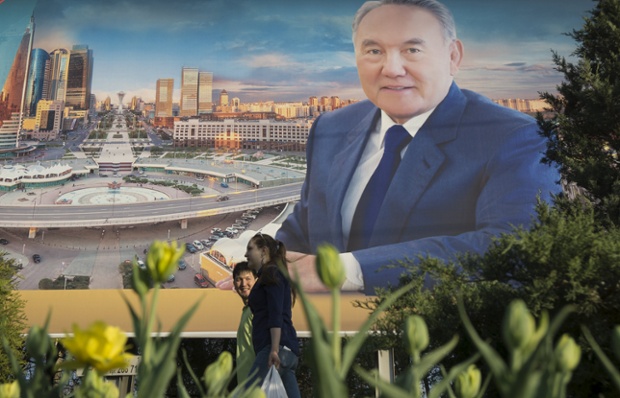 The 74-year-old president is set to be reinstated by his loyal followers on Sunday, but the failure to consider a successor is making the outside world nervous. From nervous students to frail war veterans, state television anchors to professional sportspeople, one by one they climbed on to the stage to unleash breathless eulogies in honour of their leader.
The 74-year-old president is set to be reinstated by his loyal followers on Sunday, but the failure to consider a successor is making the outside world nervous. From nervous students to frail war veterans, state television anchors to professional sportspeople, one by one they climbed on to the stage to unleash breathless eulogies in honour of their leader.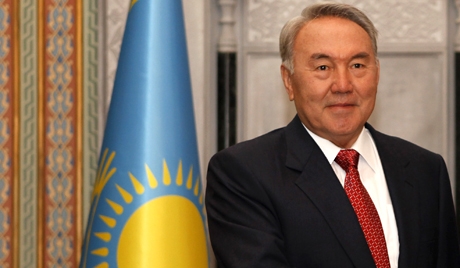 Interesting Facts about KazakhstanThe EU's keen interest in Kazakhstan's upcoming presidential elections on 26 April is due to a number of reasons – the engagement of two parties, resulting in the conclusion of the Partnership and Cooperation agreement in October 2014, is at the forefront.
Interesting Facts about KazakhstanThe EU's keen interest in Kazakhstan's upcoming presidential elections on 26 April is due to a number of reasons – the engagement of two parties, resulting in the conclusion of the Partnership and Cooperation agreement in October 2014, is at the forefront.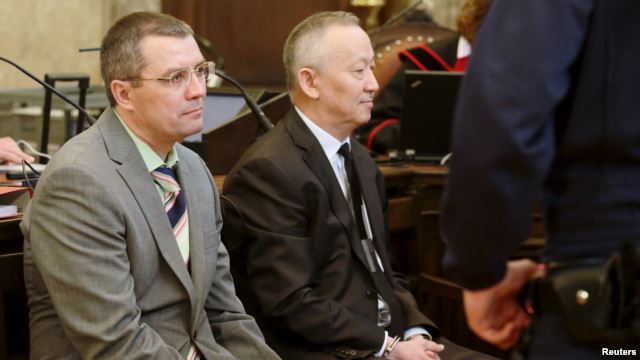 The trial of two Kazakh men charged in connection with the abductions and deaths of two bankers in Kazakhstan has begun in a Vienna court. The main suspect died of apparent suicide in a Vienna prison several weeks ago.
The trial of two Kazakh men charged in connection with the abductions and deaths of two bankers in Kazakhstan has begun in a Vienna court. The main suspect died of apparent suicide in a Vienna prison several weeks ago.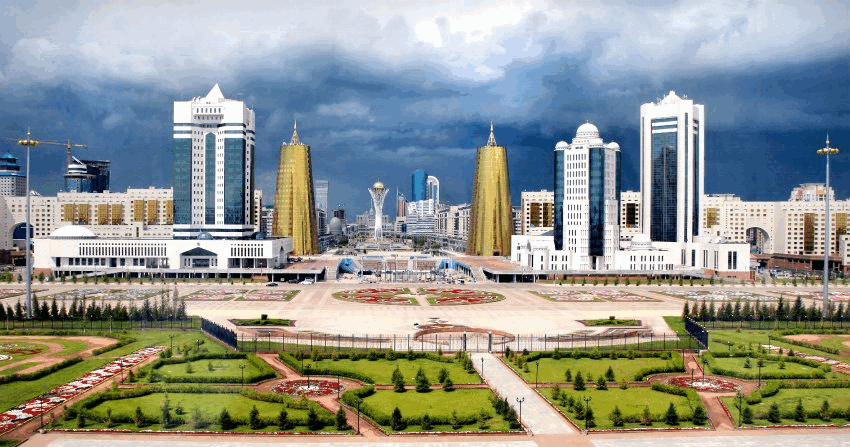 The United States is often – and often fairly – maligned for a distinct lack of strategy in its relations with Central Asia. Tacked on to Chinese or Afghanistan policy, bogged in securitization or stilted democratization efforts, Washington has seemed unable to formulate a distinct, coherent policy for the region for years. Unlike Beijing's economic expansion or Moscow's military ties, Washington's Central Asian policy, if one appears, often comes across as an afterthought.
The United States is often – and often fairly – maligned for a distinct lack of strategy in its relations with Central Asia. Tacked on to Chinese or Afghanistan policy, bogged in securitization or stilted democratization efforts, Washington has seemed unable to formulate a distinct, coherent policy for the region for years. Unlike Beijing's economic expansion or Moscow's military ties, Washington's Central Asian policy, if one appears, often comes across as an afterthought.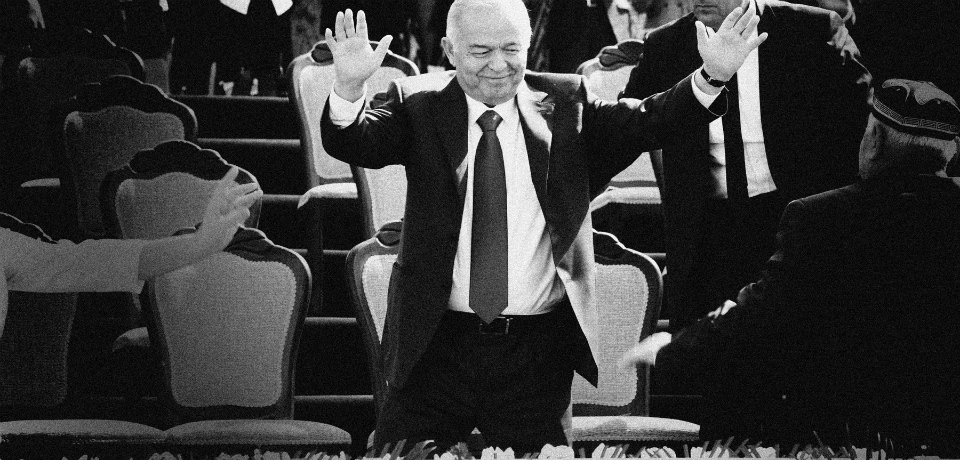 A cold drizzle fell on Istanbul on the morning of Dec. 10, 2014, as Abdullah Bukhari made his way to teach his students at a madrasa nestled amid apartment blocks and hardware stores in the Zeytinburnu neighborhood. A white prayer cap on his head, Bukhari made two crucial departures from his daily routine, according to one of his students: He told his bodyguard to stay at home and he didn't wear a bulletproof vest beneath his white ankle-length thobe.
A cold drizzle fell on Istanbul on the morning of Dec. 10, 2014, as Abdullah Bukhari made his way to teach his students at a madrasa nestled amid apartment blocks and hardware stores in the Zeytinburnu neighborhood. A white prayer cap on his head, Bukhari made two crucial departures from his daily routine, according to one of his students: He told his bodyguard to stay at home and he didn't wear a bulletproof vest beneath his white ankle-length thobe.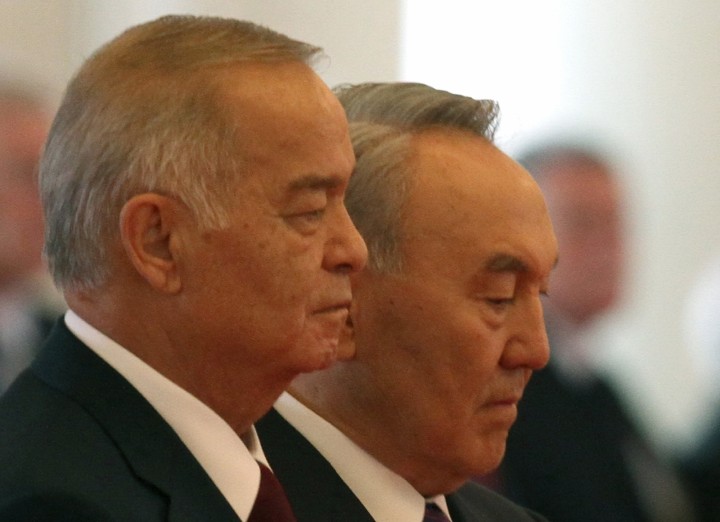 Ever since communist bosses morphed into democrats after the fall of the Soviet Union in 1991, they have polished a veneer of democracy. It means staging elections from time to time. It does not mean that votes are fair or that power changes hands.
Ever since communist bosses morphed into democrats after the fall of the Soviet Union in 1991, they have polished a veneer of democracy. It means staging elections from time to time. It does not mean that votes are fair or that power changes hands.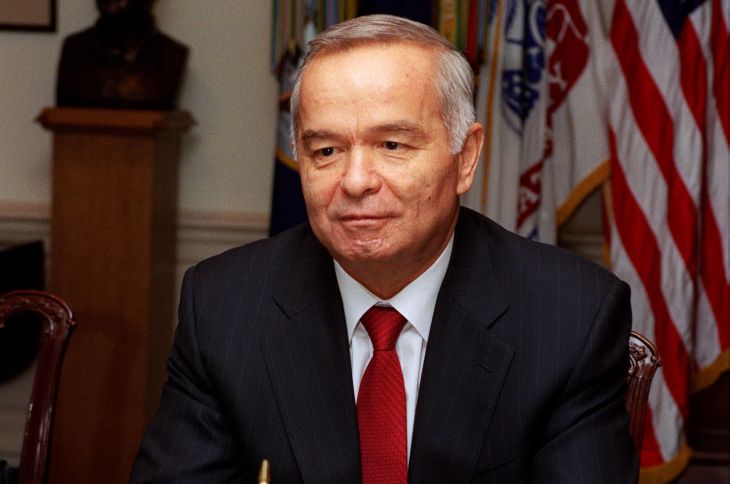 Uzbekistan, a Central Asian state of 30 million people with vast natural resources, has recently witnessed two major back-to-back events – the Navruz holiday and the 4th presidential elections since the demise of the Soviet Union.
Uzbekistan, a Central Asian state of 30 million people with vast natural resources, has recently witnessed two major back-to-back events – the Navruz holiday and the 4th presidential elections since the demise of the Soviet Union.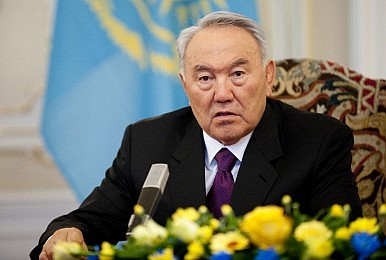 As expected, Nursultan Nazarbayev has been confirmed as the ruling party's candidate for the presidential elections that will be held next April in Kazakhstan. At the Nur Otan convention in Astana, Nazarbayev received countless endorsements from his party colleagues, maintaining a solid consensus. Nazarbayev even interrupted some of the speakers at the convention, regarding them as too flattering. Two among the delegates referred to him as "kissed by God."
As expected, Nursultan Nazarbayev has been confirmed as the ruling party's candidate for the presidential elections that will be held next April in Kazakhstan. At the Nur Otan convention in Astana, Nazarbayev received countless endorsements from his party colleagues, maintaining a solid consensus. Nazarbayev even interrupted some of the speakers at the convention, regarding them as too flattering. Two among the delegates referred to him as "kissed by God."

